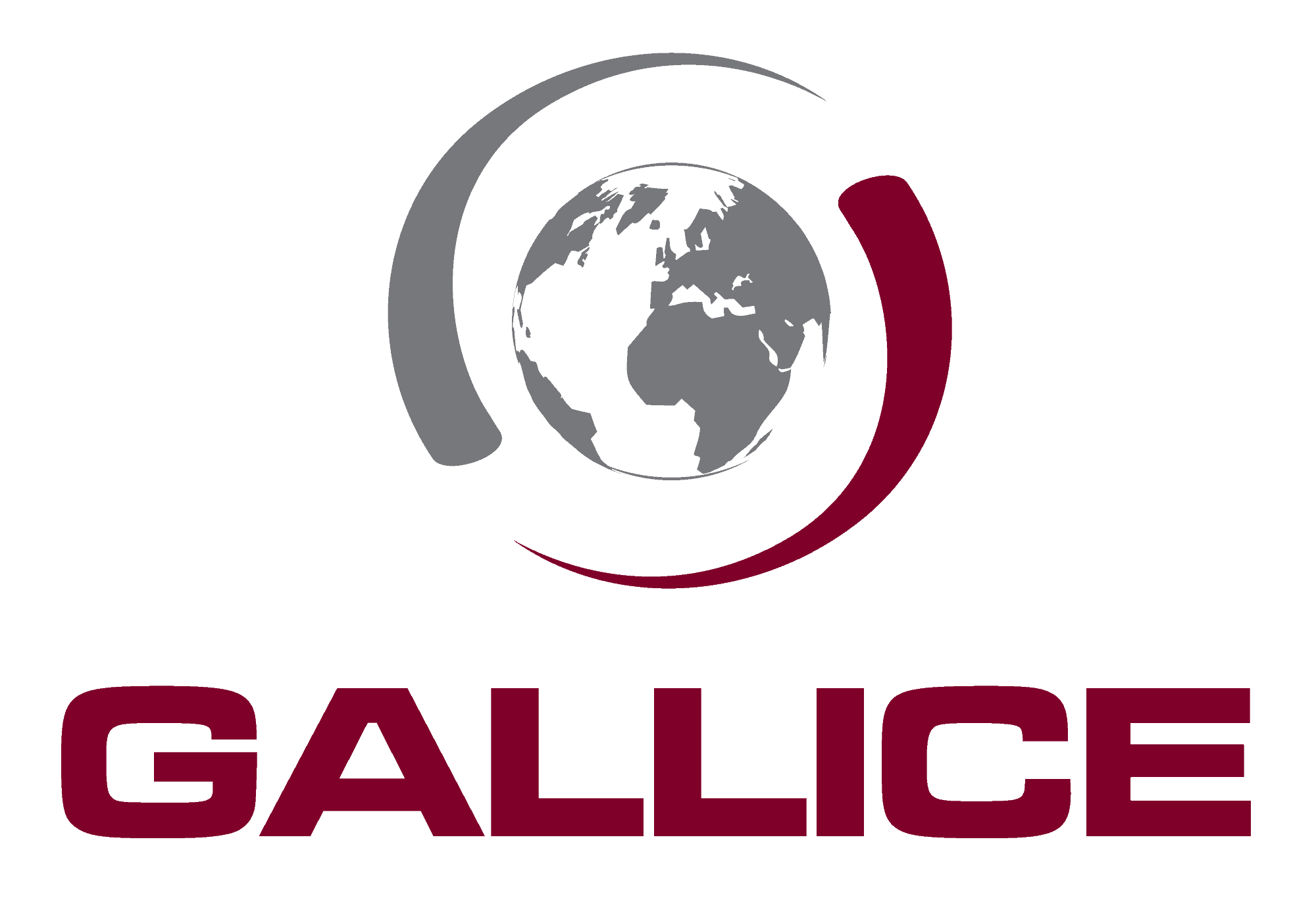MOZAMBIQUE
In 2025, Mozambique continues to face a persistent armed conflict in its northern region, growing social tensions, and structural vulnerabilities linked to poverty, corruption, and natural disasters.
The main hotspot of instability remains the northern province of Cabo Delgado, where the jihadist group Al-Shabab (unrelated to the Somali group of the same name) has been waging a deadly insurgency since 2017. Despite military support from the Southern African Development Community (SADC), Rwanda, and private contractors, attacks have continued throughout 2024–2025, including ambushes, village raids, kidnappings, and beheadings. Several NGOs and economic sites—particularly those linked to natural gas—have been targeted.
The town of Palma and the surrounding areas of Mocímboa da Praia, previously held by insurgents, remain under tight military surveillance. TotalEnergies’ large-scale gas project remains suspended, although discussions are ongoing regarding a phased restart, conditional on improved security guarantees.
President Filipe Nyusi is approaching the end of his term amid significant intra-party tensions, especially within FRELIMO, the ruling party since independence. Accusations of embezzlement and friction over preparations for the 2025 presidential election have deepened political divisions. The opposition party RENAMO remains marginalised but continues to denounce the lack of transparency in governance. Social protests have been met with violent repression, including live fire from security forces. Demonstrators have specifically accused Filipe Nyusi of electoral manipulation.
In the central provinces of Sofala and Manica, 2024 saw renewed instability linked to residual armed groups from former RENAMO factions, dissatisfied with the implementation of the 2019 peace accord. Isolated security incidents have been reported along main roadways in these areas.
Urban crime is rising in Maputo, Beira, and Nampula, with increasing reports of theft, burglary, and sometimes violent armed assaults, including against expatriates. Corruption within the security forces undermines their capacity to respond effectively.
Mozambique remains highly vulnerable to natural disasters, including cyclones, floods, and droughts. In 2024, Cyclone Gamane caused severe damage in Zambezia Province, worsening food insecurity and triggering population displacement.
Travel to the north of the country, particularly Cabo Delgado, is strongly discouraged due to the high risk of kidnapping and armed attacks. Enhanced caution is advised in urban centres, and robust logistical support is essential for movement in remote regions.
